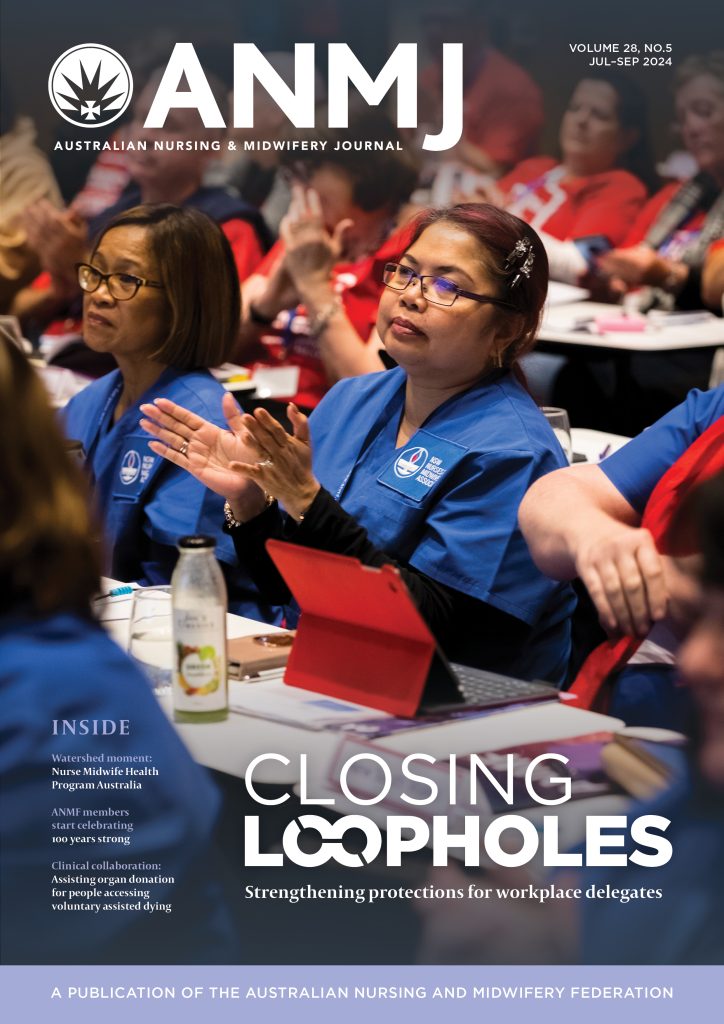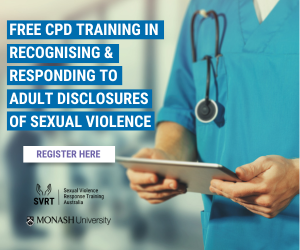The introduction of pill testing at music festivals is likely to be more effective in reducing harm among people trying ecstasy for the first time than experienced users, new research from Edith Cowan University (ECU) has revealed.
The study also found regular ecstasy users do not have a better level of knowledge than novices regarding safe dosage and that festival attendees would happily pay an average $12 subsidy to fund pill testing services.
Led by Dr Ross Hollett, from ECU’s School of Arts and Humanities, the study investigated intentions to use ecstasy following different pill testing scenarios to determine the factors that predict risky behaviour.
Specifically, more than 250 people attending an Australian music festival were presented with three hypothetical pill test scenarios and asked to report their risk intentions, ecstasy use history and sensation seeking traits.
Dr Hollett said the findings, published in the journal Drug and Alcohol Review, suggest people who try ecstasy for the first time at a music festival are the most cautious following a pill test, regardless of the outcome.
Conversely, the 60% of prior ecstasy users who participated in the study said they would potentially steer clear from taking the drug if it contained a toxic contaminant but not if the test revealed a high dose or inconclusive result.
“This finding is important because some of the recent ecstasy-related deaths at festivals in Australia have been linked to high doses of ecstasy, Dr Hollett said.
“Additionally, if the participant was a prior ecstasy user who was also high in sensation seeking, then they were at the greatest risk of harm, even after participating in the pill test.”
Festival attendees surveyed also indicated they would willingly pay an average of $12 to help cover pill testing services.
“Almost 50% of ecstasy users reported they did not know or trust their supplier,” Dr Hollett added.
“These findings suggest that the provision of a pill checking service would greatly improve some people’s ability to manage risk.”
Dr Hollett said more education is needed and proposed that the introducing of counselling and drug education services alongside formal pill testing could bolster strategies for reducing harm.
Last week, the Australian Nursing and Midwifery Federation (ANMF) ratified a new National Position Statement on Harm Minimisation at its Federal Executive meeting in Melbourne, which advocates for broader alcohol and other drug (AOD) harm reduction measures and calls on the Australian Government to urgently take action and introduce pill testing.
Key points in the position statement include:
- Drug misuse should be considered a public health concern, rather than a criminal issue
- Harm minimisation measures are required to prevent harm from alcohol and other drug use and avoid unnecessary deaths, reduce the burden of disease and decrease hospitalisations for the benefit of the individual and the community
- The ANMF supports several existing harm minimisation strategies employed across various states/territories effectively, including needle and syringe programs, methadone and Suboxone programs and supervised injecting centres
- The Australian government must show national leadership and collaborate with frontline health experts such as nurses to urgently introduce pill testing trials
- Nurses and midwives should be aware of, educated and informed about issues relating to harm minimisation for drug and alcohol use and be prepared to deliver opportunistic education within their practice settings
View the full national position statement here









